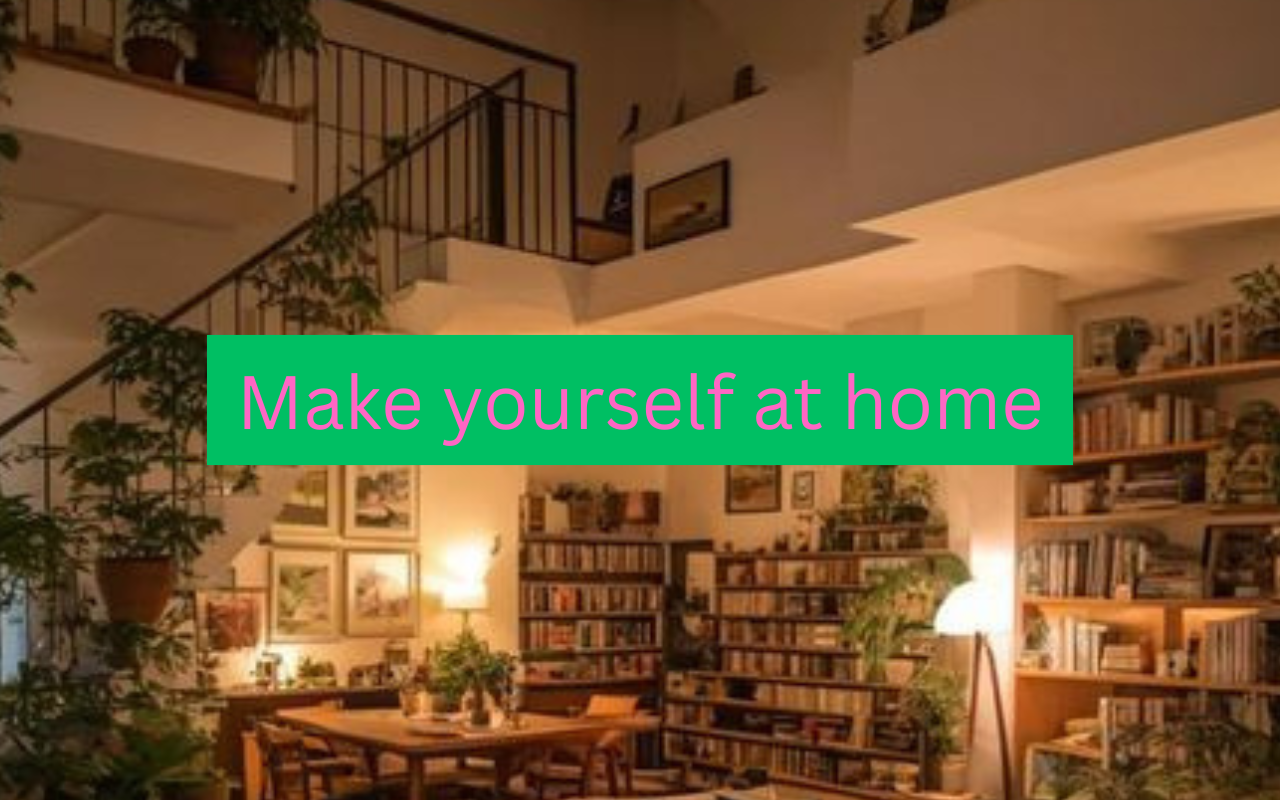Our surroundings influence more than comfort—they shape mood, energy, and overall wellness. For a woman who values presence and balance, the home becomes an extension of self, a sanctuary where intention, beauty, and order nurture body, mind, and spirit.
Why Home Atmosphere Matters
Research shows that environment affects stress levels, productivity, and emotional health (Harvard Health Publishing — www.health.harvard.edu). Spaces filled with harmony, natural light, and thoughtful design foster calm, creativity, and clarity.
Principles for a Mindful Home
- Declutter With Purpose: Remove items that drain energy; keep only what inspires or serves.
- Light and Air: Natural light and fresh air support mood, circadian rhythm, and vitality.
- Color and Texture: Choose palettes and fabrics that evoke calm, warmth, or energy depending on room function.
- Intentional Spaces: Create areas for meditation, reading, movement, or reflection.
- Scent and Sound: Aromatherapy, candles, or soft music enhance the atmosphere and soothe the nervous system.
Practical Tips for Harmonious Living
- Morning Alignment Ritual: Open windows, make the bed, and light a candle to set the tone for the day.
- Seasonal Updates: Shift decor to reflect natural cycles, connecting indoor space with the rhythms of life.
- Mindful Storage: Use containers and systems that simplify life and reduce mental clutter.
- Personal Symbols: Incorporate objects with meaning—photos, art, or keepsakes that inspire presence.
- Daily Pause: Take moments to breathe, stretch, or simply observe surroundings with gratitude.
Cultivating Presence Through Space
She understands that a home is more than shelter—it is a reflection of inner state and a tool for well-being. Atmosphere is not decoration alone; it is the conscious cultivation of energy, flow, and serenity.
Conclusion
Creating atmosphere is a practice of presence. By curating spaces that reflect intention, beauty, and mindfulness, the individual enhances her well-being, strengthens her energy, and transforms the home into a sanctuary for body, mind, and spirit.
Sources:
- Harvard Health Publishing — www.health.harvard.edu
- Psychology Today — www.psychologytoday.com
- National Institutes of Health — www.nih.gov
- American Psychological Association — www.apa.org




